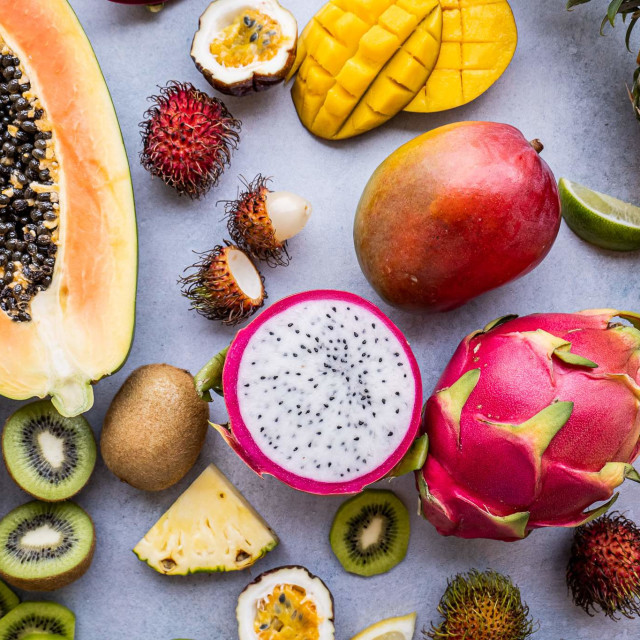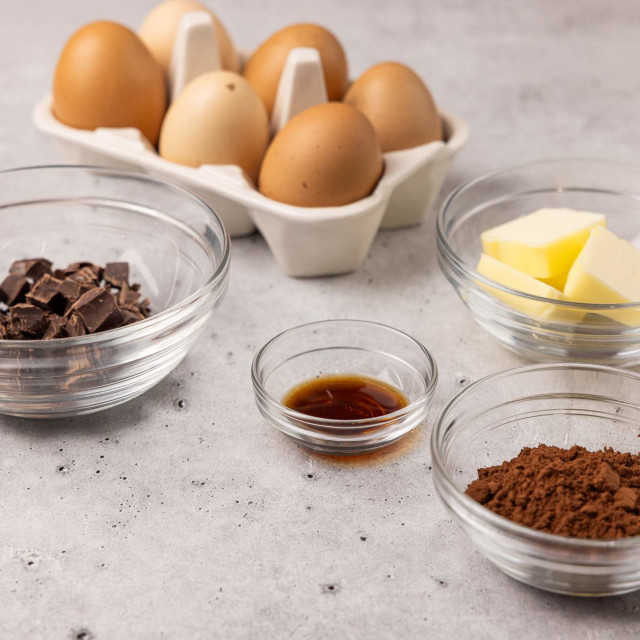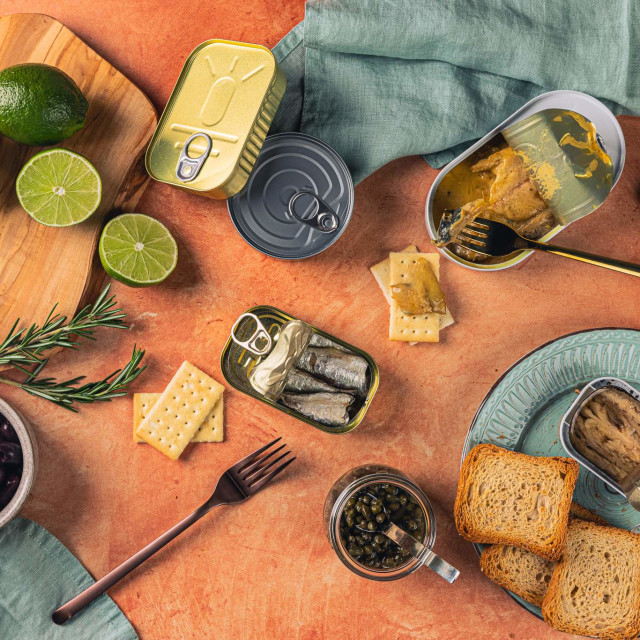Pecans
Pecans are nuts with less rigid shells than other species. The tree, which is part of the hickory family, is native to the United States. Major commercial production remains in the south and east, led by Georgia, Texas, and New Mexico. These nuts are considered a healthful snack high in vitamins and monosaturated fats and are an excellent source of fiber.
History
Native American Indians have been using pecans since at least the 16th century. They would mash the insides and create flavorings for the tough meats they hunted. When food was scarce, this was their main nutritional source.
Varieties
In addition to what are called “native” pecans, more than 500 species known as papershell have also been developed. Typically, commercially processed nuts originate from three-five species of trees. Sizes range from midget to mammoth, which is best for roasting and glazing.
Pecans can be sold as either cultivars or wild. Cultivated species are typically larger, but may not be as sweet.
Shelled nuts are packaged or canned as halves, pieces, or finely ground. They can be purchased as plain, sugared, glazed, or with spices added.
Buying Tips
When purchasing whole, it is not always possible to test each nut. However, a rattling, lightweight shell means the meat is old and dried.
Pecans are available year-round, but they are harvested in the fall.
Storage Tips
Unshelled pecans can be good for about six months and do not require refrigeration. Place in a paper bag and keep them cool and dry. Keep pecans separated from aromatic foods, such as onions, as the shells are absorbent.
All shelled products should be kept cold or they will turn rancid because of their high concentration of fats. Pecans also freeze well. In the fridge they will keep about six-nine months. Frozen nuts should be used within two years. Unused, thawed nuts can be refrozen without loss of taste or texture.
Usage Tips
Pecans are easier to shell if boiled first. Cool and soak for 10-15 minutes, then let dry.
- 2 ounces = ½ cup
- 1 pound in shell = ½ pound shelled
- 1/2 pound shelled = 2 cups
- 1 ounce = about 20 halves
Substitution Tips
Use equal amounts of hickory nuts or walnuts – or a mix of these - as an alternative.





